Physics
The physics genre explores the fundamental laws governing the universe, from subatomic particles to the vastness of space.
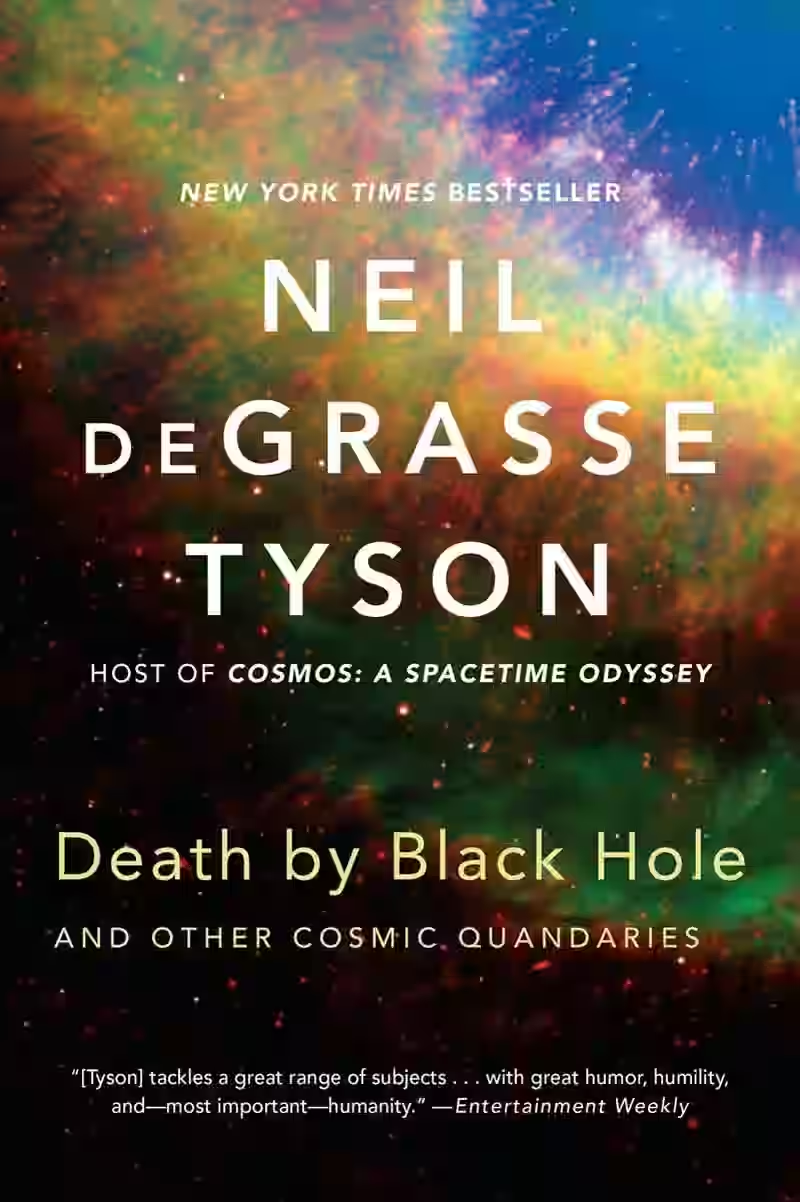
Death by Black Hole
In 'Death by Black Hole', Neil deGrasse Tyson explores the wonders of our universe with a mix of awe-inspiring science and engaging storytelling. From the violent cosmic collisions to the mysteries of black holes, Tyson takes readers on a journey through space and time, unraveling complex concepts with clarity and humor. With thought-provoking essays on topics like the search for extraterrestrial life and the nature of reality, this book offers a captivating blend of astrophysics and philosophy. Tyson's passion for science shines through, making this a must-read for anyone curious about the mysteries of the cosmos.
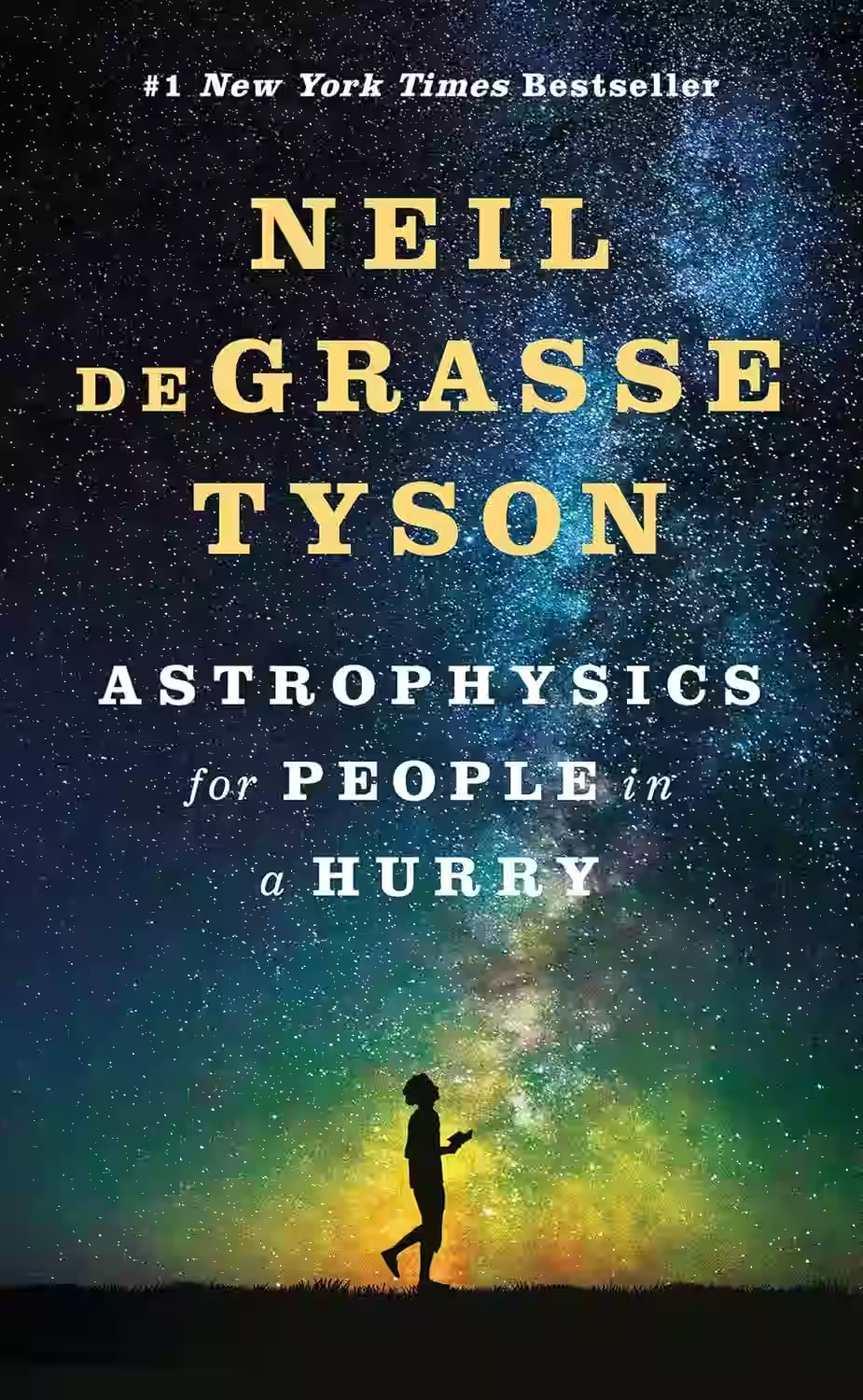
Astrophysics for People in a Hurry
Neil deGrasse Tyson's 'Astrophysics for People in a Hurry' is a captivating exploration of the vast cosmos condensed into a digestible and easy-to-understand format. Through his engaging prose, Tyson delves into complex astrophysical concepts such as the Big Bang, black holes, and dark matter, making them accessible to readers without a scientific background. The book seamlessly combines history, science, and philosophy to paint a comprehensive picture of the universe's mysteries and wonders. Tyson's wit and clarity shine through, making this book not only educational but also entertaining. 'Astrophysics for People in a Hurry' is a perfect read for anyone seeking a quick yet enlightening journey through the cosmos.
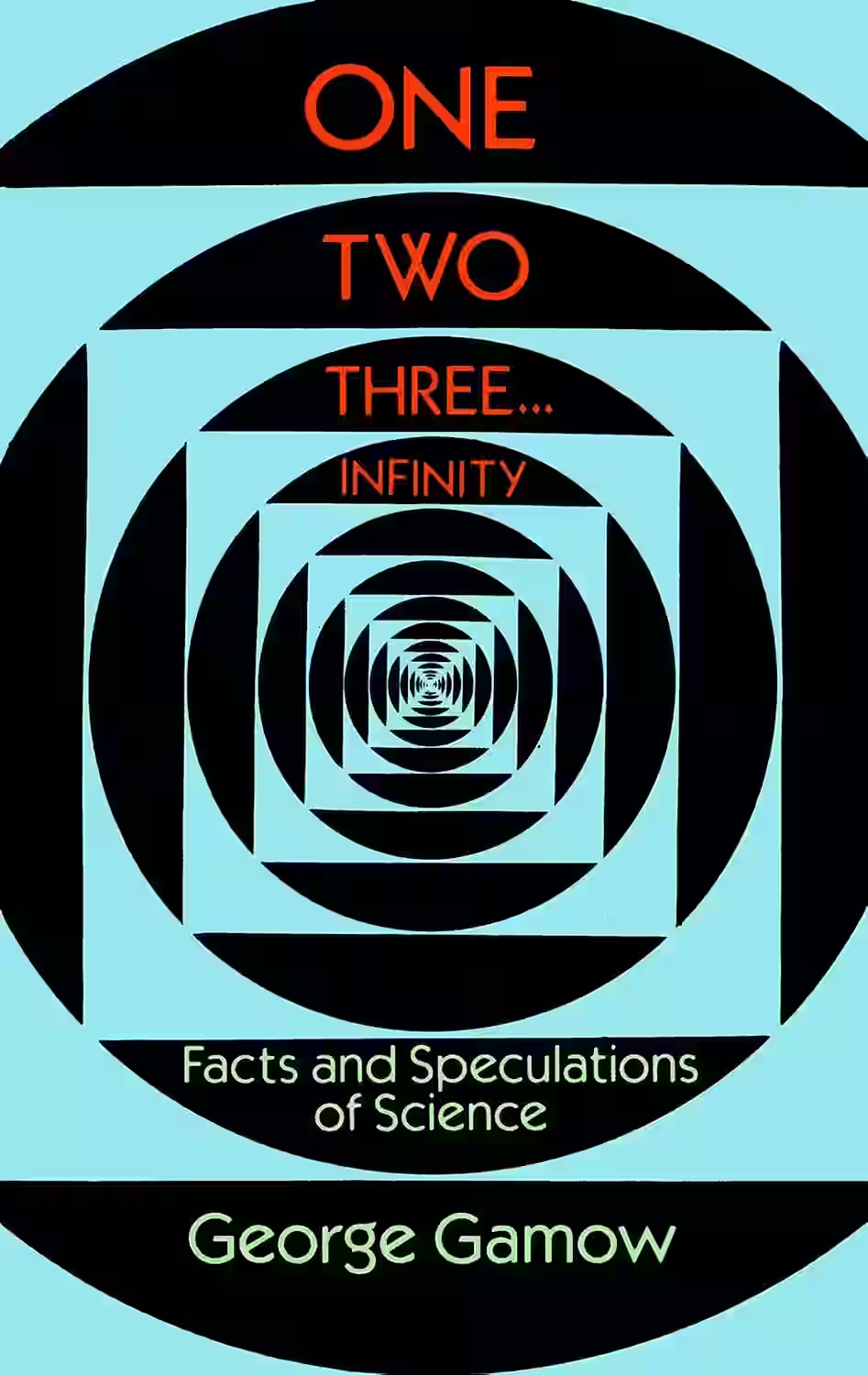
One, Two, Three... Infinity
by George Gamow
This classic science book offers a playful, accessible exploration of fundamental concepts in math and physics. George Gamow—a theoretical physicist and gifted writer—explains topics like infinity, relativity, atomic structure, and probability with humor and clarity. Written for a general audience, the book makes abstract ideas tangible through thought experiments and analogies. First published in 1947, it remains a beloved introduction to scientific thinking and curiosity. Gamow’s enthusiasm for discovery is infectious, making this an inspiring read for both students and adults interested in the wonder of the universe and the logic that underpins it.
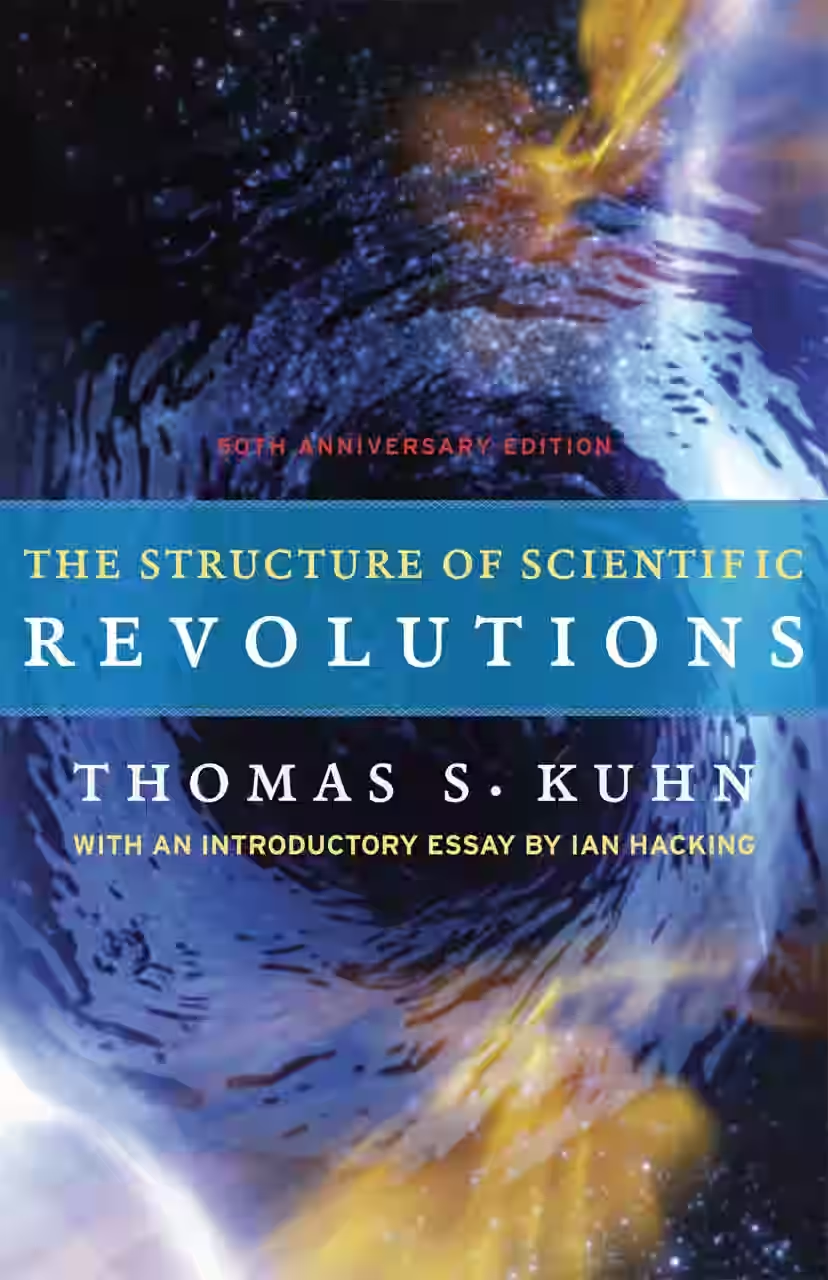
The Structure of Scientific Revolutions
Kuhn’s seminal work revolutionized how we understand science. He argues that scientific progress doesn’t occur gradually, but through paradigm shifts—periods of radical change in fundamental frameworks. Normal science operates within accepted paradigms until anomalies accumulate, prompting a crisis and eventual revolution. Kuhn uses historical case studies to illustrate this cycle, challenging the belief in linear scientific advancement. First published in 1962, The Structure of Scientific Revolutions has had a lasting impact on the philosophy of science, influencing fields from sociology to history. It remains essential reading for anyone seeking to understand how scientific knowledge evolves.
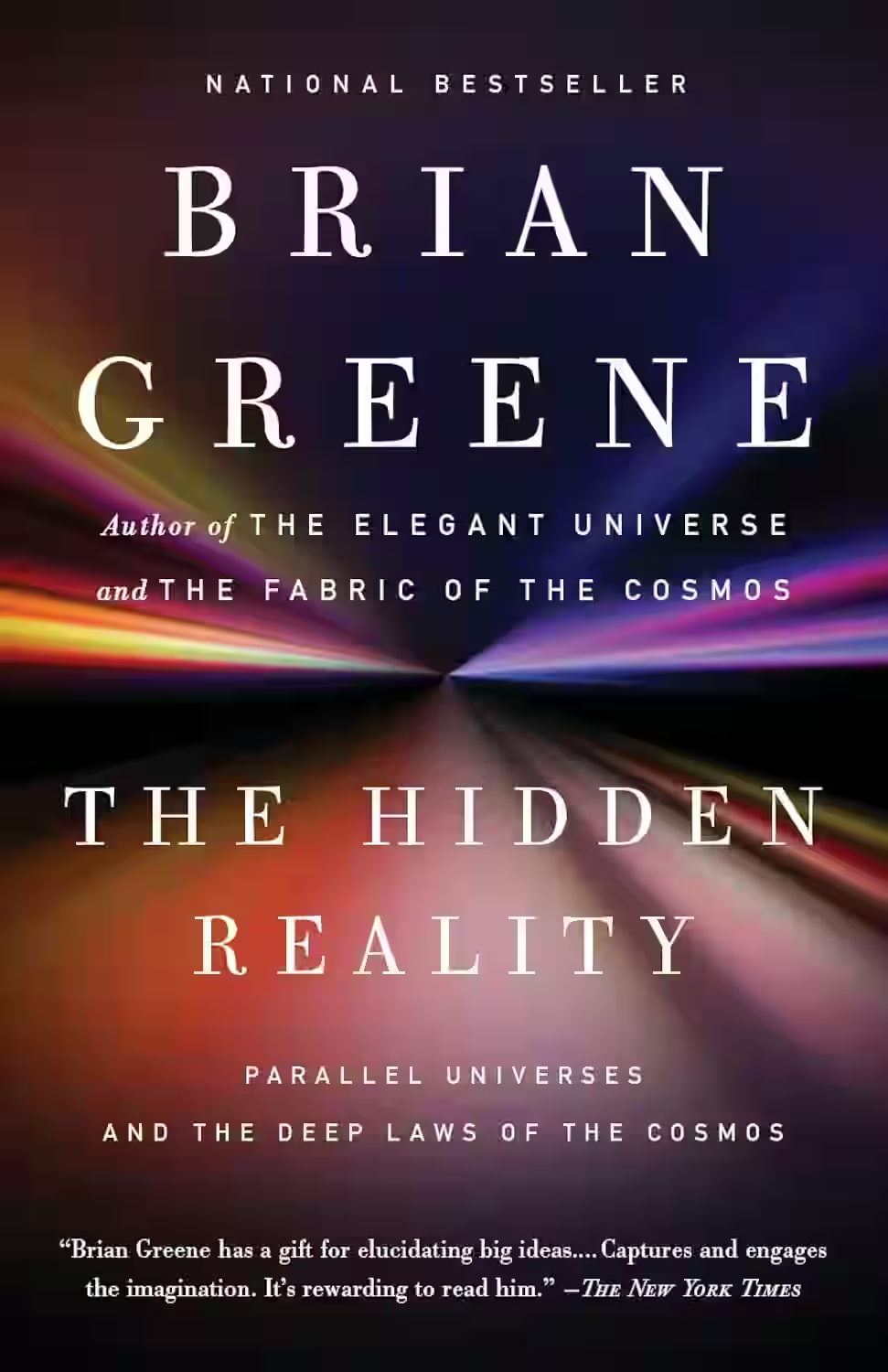
The Hidden Reality: Parallel Universes and the Deep Laws of the Cosmos
by Brian Greene
In 'The Hidden Reality: Parallel Universes and the Deep Laws of the Cosmos,' Brian Greene takes readers on a mind-bending journey through the concept of parallel universes and the fundamental laws that govern our cosmos. Through accessible language and engaging storytelling, Greene explores various theories, from the multiverse to string theory, shedding light on the theoretical possibilities that lie beyond our observable universe. By delving into cutting-edge physics and cosmology, Greene invites readers to expand their understanding of reality and contemplate the profound implications of parallel universes. This book challenges conventional thinking and ignites curiosity about the mysteries of the universe.
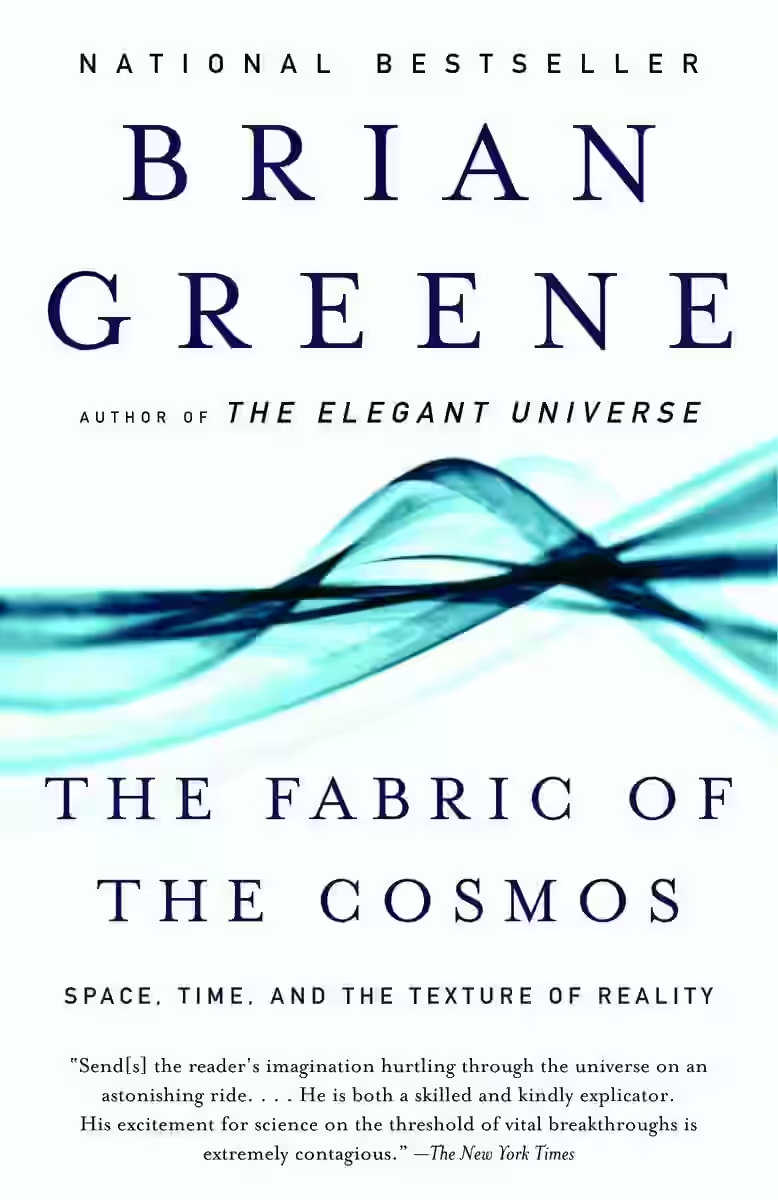
The Fabric of the Cosmos: Space, Time, and the Texture of Reality
by Brian Greene
In 'The Fabric of the Cosmos: Space, Time, and the Texture of Reality', renowned physicist Brian Greene unravels the intricate tapestry of the universe, weaving together concepts of space, time, and the very essence of reality itself. Through a brilliant blend of storytelling and scientific inquiry, Greene explores mind-bending ideas like string theory, quantum mechanics, and the nature of black holes in a way that captivates both scientific enthusiasts and general readers. This book takes readers on a journey through the most profound questions about the cosmos, challenging perceptions and expanding horizons. Greene's clear and engaging prose makes complex theories accessible, inviting readers to ponder the very fabric of existence.
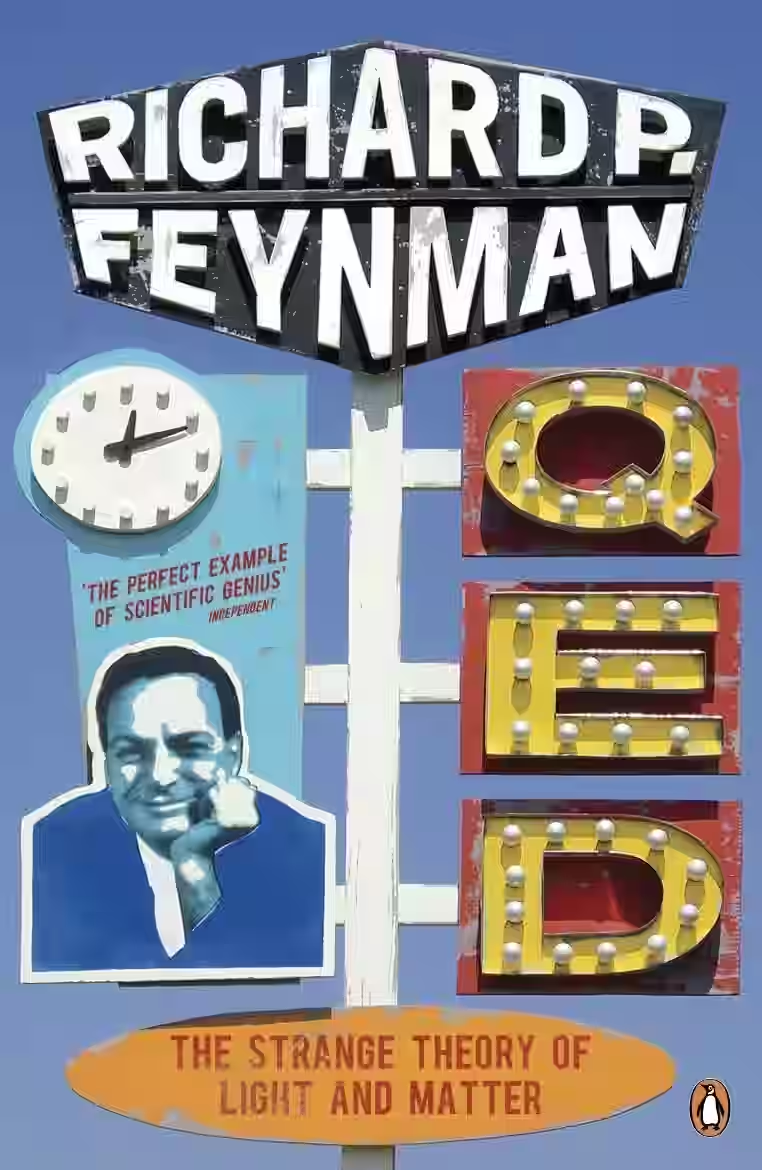
QED: The Strange Theory of Light and Matter
Nobel laureate Richard P. Feynman unravels the revolutionary science that earned him the prize with his signature lucid and witty style. Quantum electrodynamics, or QED, is the theory explaining the intricate interactions between light and electrons, illuminating the deepest mysteries of our universe. Celebrated for its accuracy and enduring validity, QED, thanks to Feynman and his colleagues, stands as a cornerstone of modern physics. Through engaging everyday examples, Feynman delivers the definitive and accessible introduction to this profound theory.
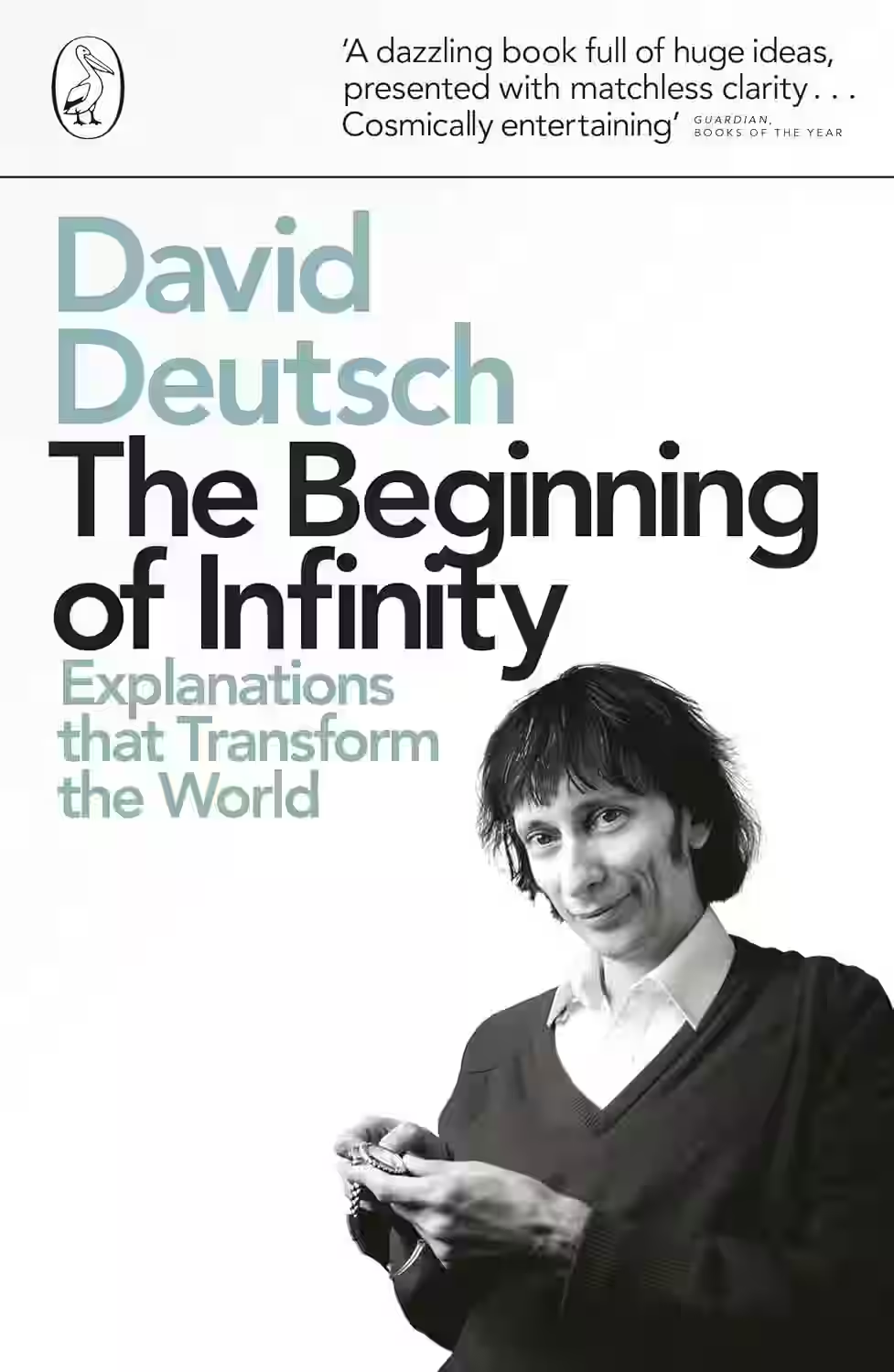
The Beginning of Infinity
David Deutsch's The Beginning of Infinity explores the boundless potential of human knowledge and progress. He argues that through better explanations and critical thinking, humanity can solve problems previously deemed unsolvable. The book delves into topics like quantum physics, philosophy, and the nature of scientific discovery, emphasizing that there are no inherent limits to what we can understand. Deutsch posits that with the right knowledge, we can achieve infinite progress, making this work a profound examination of human potential and the transformative power of ideas.
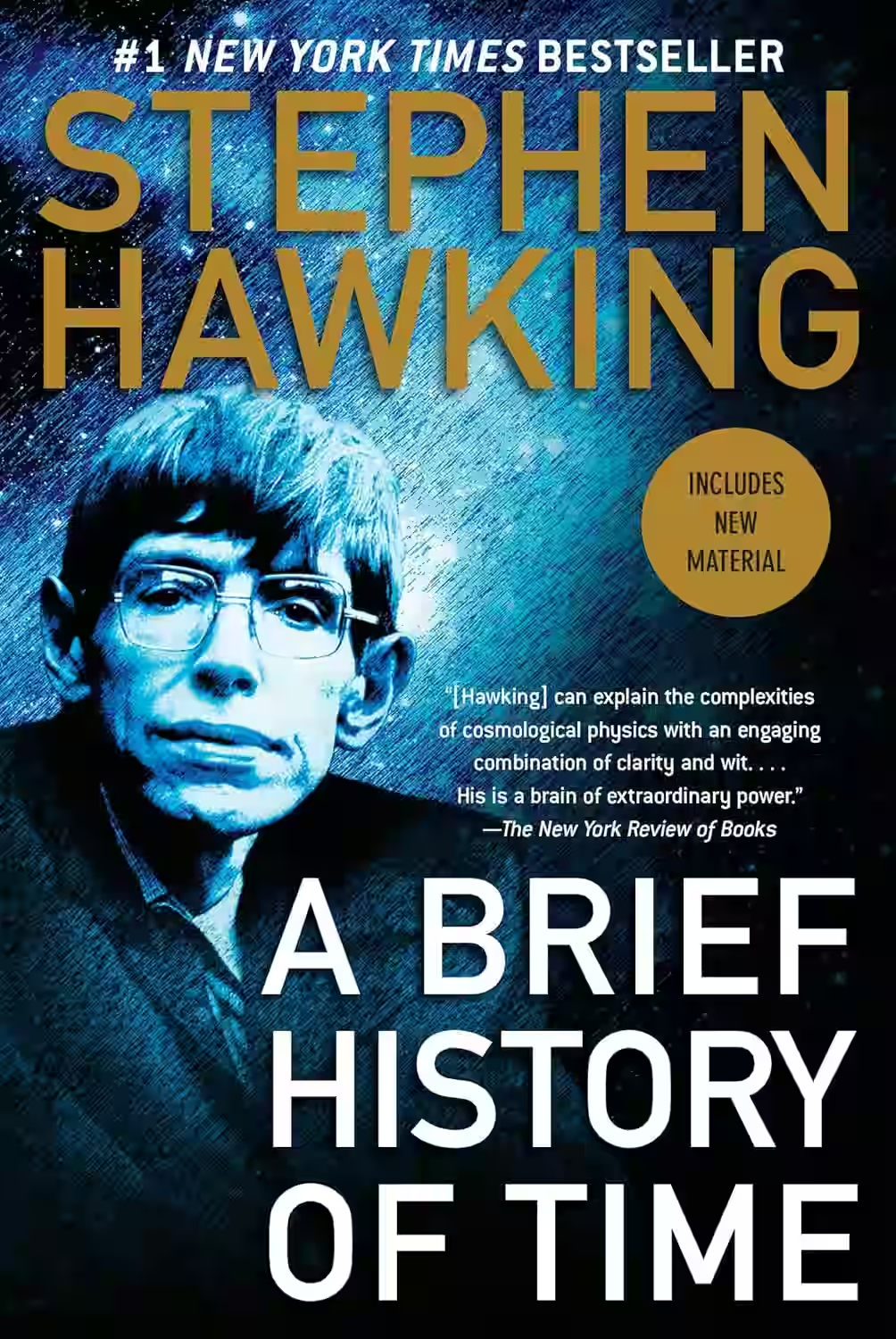
A Brief History of Time
Was there a beginning of time? Could time run backwards? Is the universe infinite or does it have boundaries? These are just some of the questions considered in the internationally acclaimed masterpiece by the world renowned physicist - generally considered to have been one of the world's greatest thinkers. It begins by reviewing the great theories of the cosmos from Newton to Einstein, before delving into the secrets which still lie at the heart of space and time, from the Big Bang to black holes, via spiral galaxies and strong theory. To this day A Brief History of Time remains a staple of the scientific canon and its succinct and clear language continues to introduce millions to the universe and its wonders.
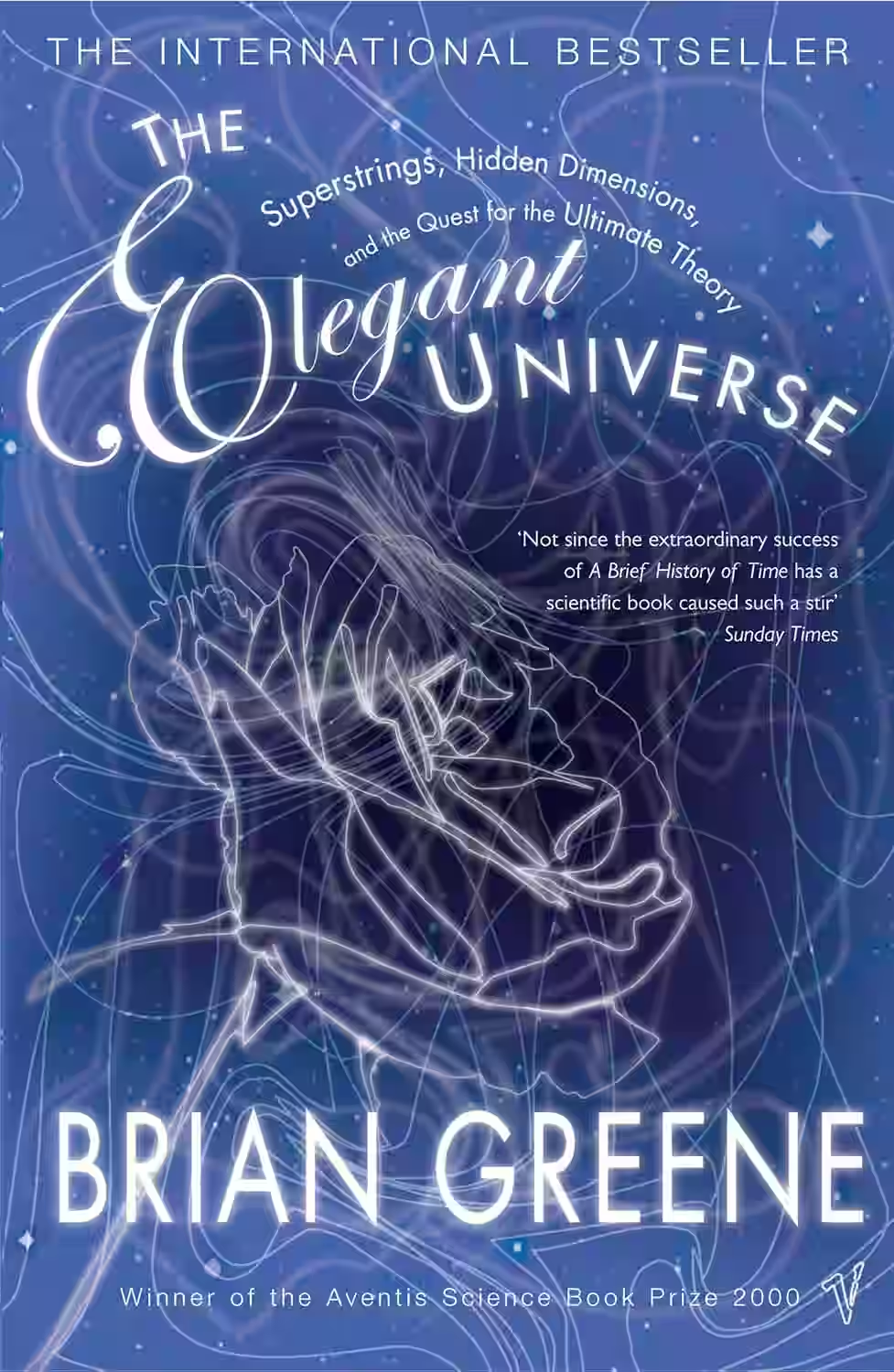
The Elegant Universe
by Brian Greene
In 'The Elegant Universe' by Brian Greene, readers are taken on a captivating journey through the complex realms of physics and string theory. Greene masterfully weaves together theoretical physics and practical explanations, making profound concepts accessible to a wide audience. Through discussions on general relativity, quantum mechanics, and the search for a unified theory of everything, Greene explores the fundamental nature of reality and the intricate fabric of the universe. The book delves into the minuscule world of strings and extra dimensions, offering a thought-provoking exploration of the cosmos. 'The Elegant Universe' is a mind-expanding read that challenges perceptions and ignites curiosity about the mysteries of the universe.
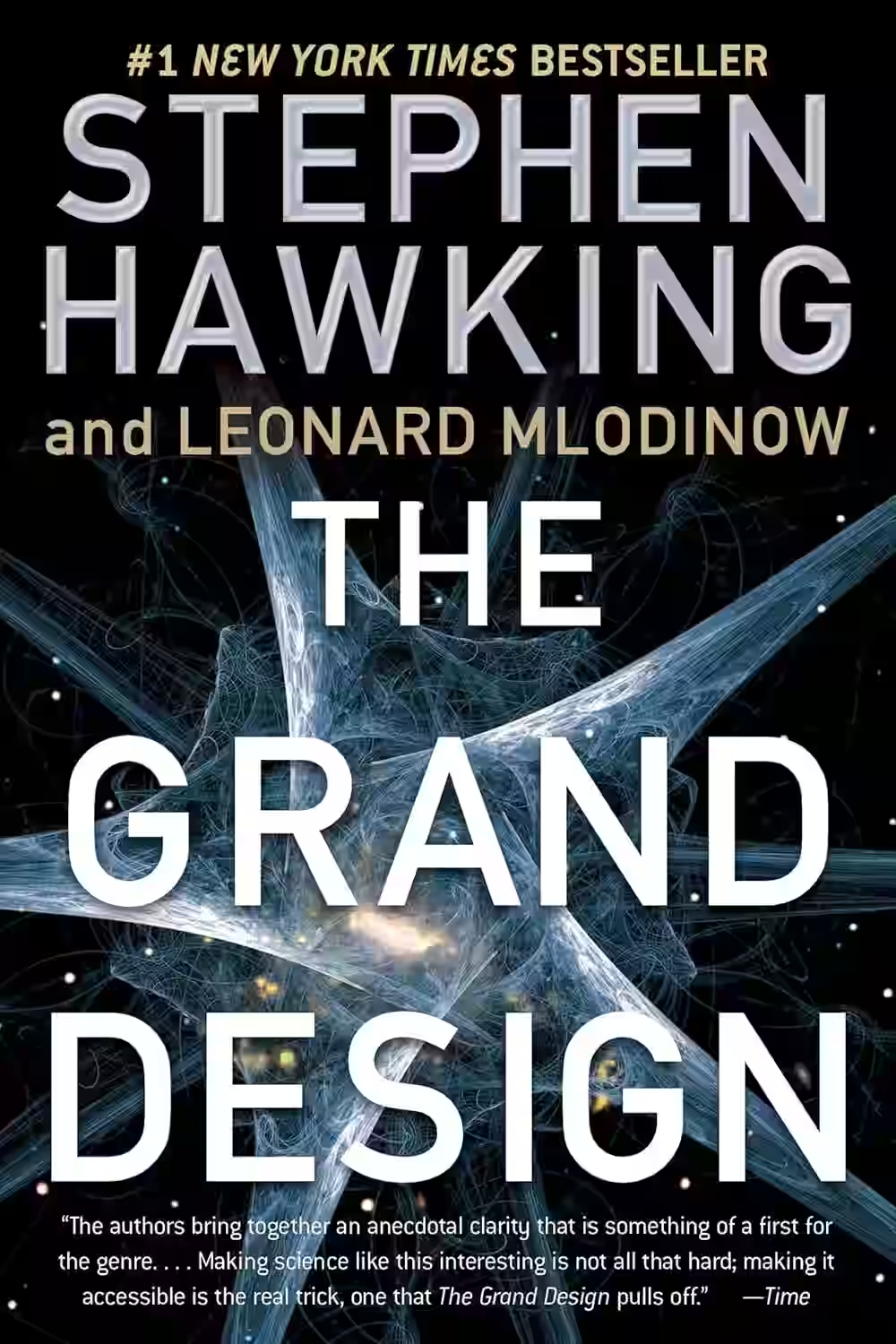
The Grand Design
In 'The Grand Design' by Stephen Hawking, the renowned physicist and author explores the origins of the universe and the fundamental laws that govern it. Through a mix of scientific theories and philosophical reflections, Hawking delves into complex concepts like quantum mechanics and string theory, presenting them in a way that is accessible to readers of all backgrounds. He challenges traditional views on the existence of a divine creator and offers a compelling argument for the universe's spontaneous creation. This thought-provoking book not only stimulates the intellect but also invites readers to ponder the nature of reality and our place within it.